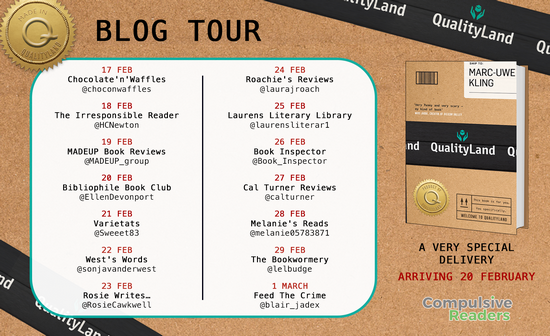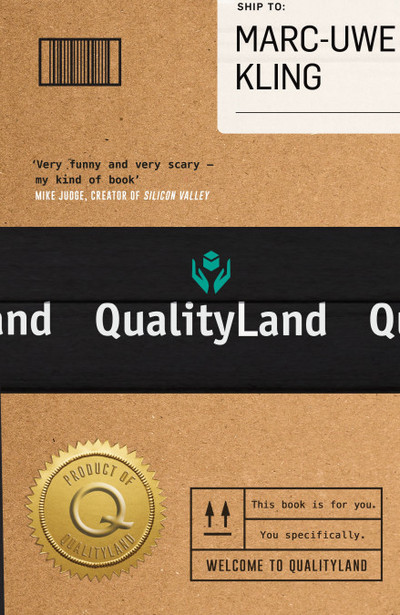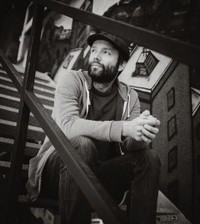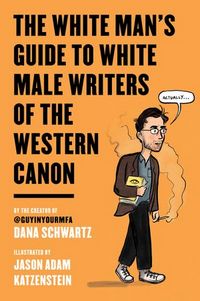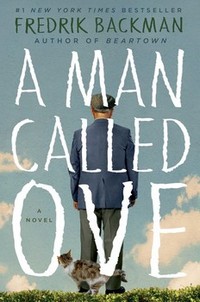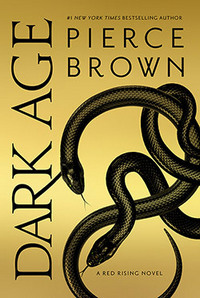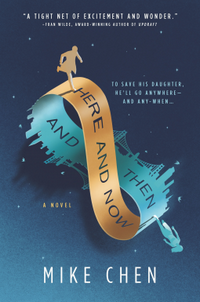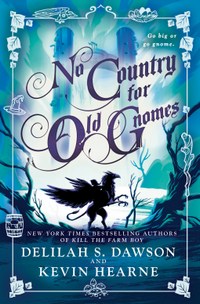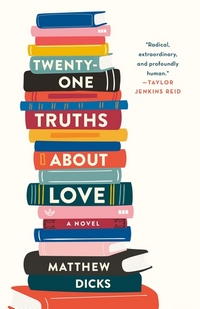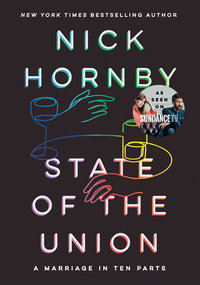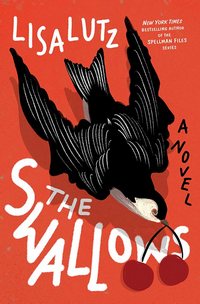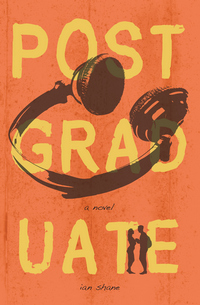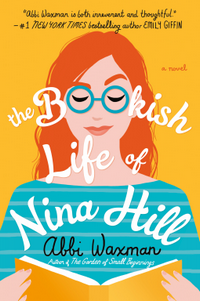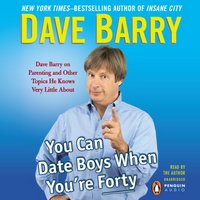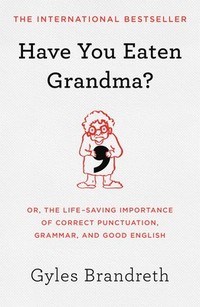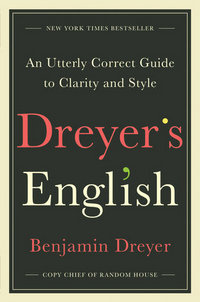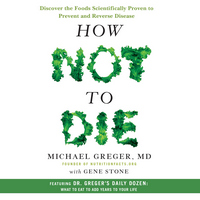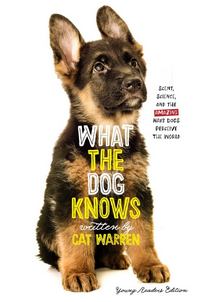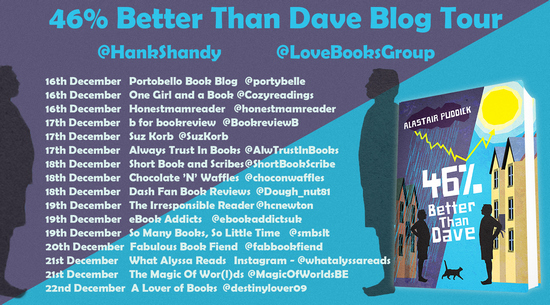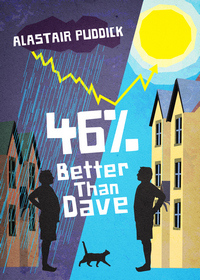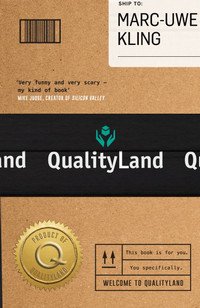 |
QualityLandby Marc-Uwe Kling, Jamie Lee Searle (Translator) eARC, 352 pg. Read: February 13-15, 2020 |

When you boil it down, QualityLand is simply the epic tale of a man trying to return something he didn’t order (and doesn’t want) to an online retailer. Peter Jobless’s tale involves a paranoid hacker, a blackmail scheme, an armed stand-off, a smitten sex-bot, a TV news panel show, a revolutionary tablet computer, swaying a presidential election, and a revival of interest in the films of Jennifer Aniston. We’ve all been there, right?
There’s no way I could describe the plot in a way to do it justice—so we’ll stick with the broad sweep. Before much gets underway story-wise, there’s a lot of set up required. When the dominoes start to fall in earnest, they go quickly. But so much of the book is devoted to setting them up, establishing/explaining the culture, government and everyday life of the QualityLand’s citizenry.
Here’s the best part about the set-up time: it’s totally worth it, and the way the dominoes are being placed is enjoyable/entertaining enough that even if the results were duds, I wouldn’t really have minded all that much. The icing on the cake is that the plot works well (we’ve all seen too many examples of elaborate worldbuilding that accompany a story that’s not worth it).
This is a world given over to algorithms, a world where the algorithms of various retail entities know so much about their customers that they no longer have to wait for a customer to order something to provide it—no, the algorithm will know what you’re going to want and will deliver it before you know you want it.
Not only are all your possessions provided for you in this manner, the algorithm decides what kind of career you will pursue, but it will also guide and govern your romantic life, your health care, and so on and so on.
It even gets into politics—so much so that during the course of this novel, there is an android running for president—because, we’re told repeatedly (mostly by the candidate), “machines don’t make mistakes.” An android chief of state (the theory goes) will better all of society because the android will know what’s needed.
At each step of the way, as each aspect of society is introduced and explained, as each character appears for the first time, it’s done in a way that will make you grin, chuckle, or laugh. The world is so zany, so…out there—and yet, completely recognizable as a natural progression of our world/society/culture.
Unlike so many satirical novels, the ending of this novel doesn’t get out of control. The plotlines come to natural conclusions and resolve in a satisfying way.
The characters—from the Everyman Peter Jobless, to the campaign manager (she can give Malcolm Tucker some lessons on the use of words as weapons), to the history teacher’s trouble-maker daughter (in-person to public officials or in online comments), to Peter’s collection of electronic companions—are wonderful. They’re a little better rounded than I’m used to in satires.
There’s a wonderful playful quality to the language, making the whole thing a barrelful of fun. I’m assuming that Searle captured the feel of the original in that, and did a great job. There’s an acronym that’s used a couple of times, that I think may be funny in the original, but doesn’t translate into anything (at least as far as I can see). That one thing aside, the ability to make a translated text feel so natural, so easy is no small feat.
QualityLand is a fun read t’s a thought-provoking read, it is (occasionally) a frightening read as you realize how close to this dystopia we are (and how fast we’re running to it). I strongly recommend this one.


My thanks to Tracy Fenton and Compulsive Readers for the invitation to participate in this tour and the materials (including a copy of the novel) provided.
This post contains an affiliate link. If you purchase from it, I will get a small commission at no additional cost to you. As always, opinions are my own.


